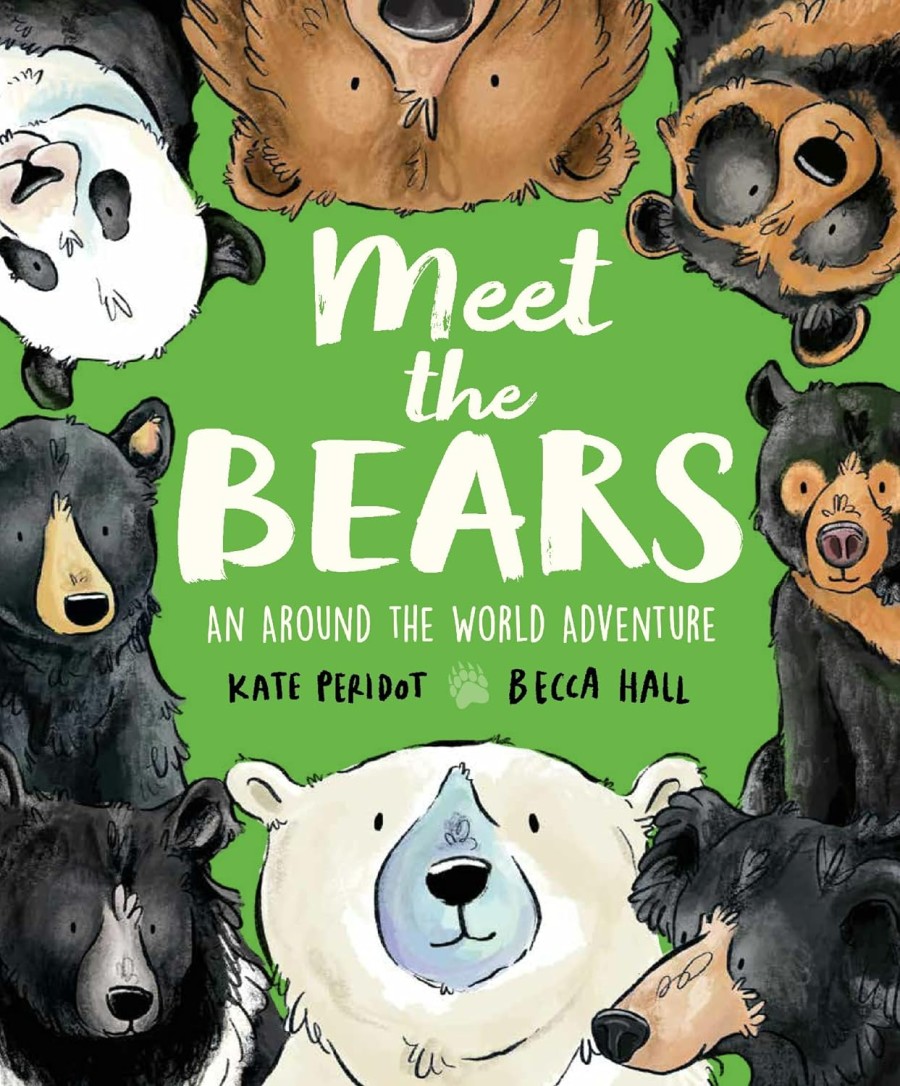Free and Affordable Help for Small Organic Farmers

Many small farmers tend their crops and look after their animals well. But often have to either sell at a pittance to big supermarkets, or suffer from rising costs, high tenancy rents and/or natural disasters like floods, and end up living on the breadline, some even suicidal.
The good news is that there are wonderful small charities that can help:
- Forage Aid helps with free feed and bedding, if your farm has suffered due to weather or an ‘act of God’. Farmers receive silage, hay and straw.
- Addington Fund offers emergency accommodation relocation help, if someone has lost their farm or home, due to finance or ill health.
- The Farming Community Network has volunteers (many with farming backgrounds) to listen to those struggling with practical or emotional problems. It also runs Farmwell (grants and funding).
- RABI offers financial support and counselling to farming families who need help with paying bills, and can find grants and therapy sessions.
- The Royal Countryside Fund invests in projects for rural communities, with grants to upskill and support young farmers, and boost local markets.
- Hen Helpline is run by a charity that rescues chickens (and roosters) designed to be killed, after end of egg-laying life. The free helpline helps with anything chicken!

Small farmers in England face more pressure than ever. Not just being priced out and dominated by big supermarkets, but often climate change is now affecting weather, so they wait for rain when none arrives, and unpredictable weather threatens crop harvests.
Read more on no-dig gardening and humane slug/snail deterrents. If you live with animal friends, read up on pet-friendly gardens (some recommended flowers and fruit trees are not safe). Also avoid netting to protect food (just leave some for wildlife!)
Find info on preventive/treating common conditions at Homeopathy at Wellie Level (courses are endorsed by vets).
Help farmers by following the countryside code to protect livestock (and dogs). Report concerns of farm animals to RSPCA (or Crimestoppers to remain anonymous).
Transfarmation helps farmer ‘transition over’ to growing oats for the profitable plant milk market, with remaining animals living in peace.
A Good Book to Help Small Farmers
Six Steps Back to the Land is a unique book by an expert on sustainable farming, on why England needs to turn back from the 1930s notion that ‘everyone needs meat for protein’, as this idea has destroyed our land and caused huge issues with factory farms and climate emissions.
Instead, the author offers a new idea of millions of small farmers, growing sustainable food without destroying our soil, harming our bees or making climate change worse.
You don’t have to be vegan or vegetarian, to know that we need to grow more plants, and eat less meat (a view shared by many chefs including Hugh Fearnley-Whittingstall).
The book also shows how taking his action steps could stop consumers and farmers being dominated by big corporations who control (and import) most of our food. Let’s restore farming to to feed the world, for a peaceful and prosperous future.
Crowdfarming (order organic food direct from farmers)
Crowdfarming is a a worldwide site that’s like an online version of community supported agriculture, to keep farms secure. Instead of selling at a pittance to supermarkets, users can ‘adopt a fruit tree, then receive your ‘money back’ when the fruit is harvested.
Or alternative, buy seasonal boxes from farmers, delivered direct to cut out middlemen, so farmers keep the profits. This also helps to avoid food waste, as you likely (unlike supermarkets) don’t care if your carrots are curly, if you’re using them to make soup!




